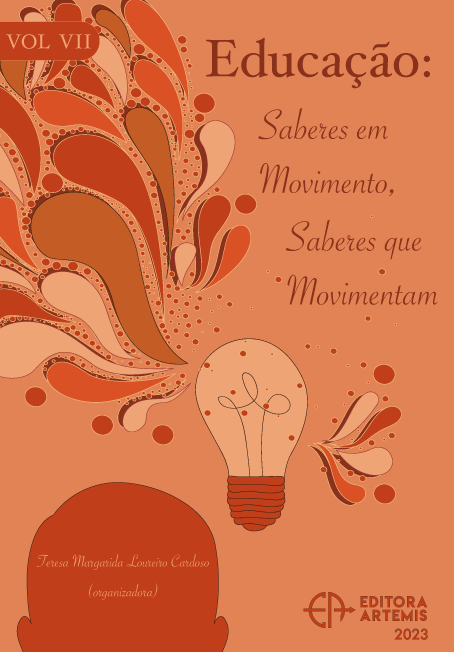
CURSOS DE EDUCACIÓN CONTÍNUA DEL ÁREA DE LA SALUD IMPARTIDOS EN UNA PLATAFORMA VIRTUAL
Esta investigación presenta los resultados de un análisis descriptivo del comportamiento de una comunidad universitaria de ciencias de la salud, ante la estrategia virtual de educación continua mediada por la plataforma “Coursera for Campus” ante el confinamiento por la COVID-19 de mayo a diciembre de 2020. La investigación es de tipo básica ya que se orienta a la acumulación de información o la formulación de una teoría, encaminando la investigación sobre la educación remota con la ayuda de la plataforma Coursera y de tipo transversal, debido a que los datos se recolectaron en un tiempo único. El curso que tuvo mayor demanda fue Primeros Auxilios Psicológicos con 24 interesados, sin embargo, solo 5 personas culminaron, el segundo curso de interés fue Nutrición y Obesidad: control de sobrepeso con 15 interesados y 7 personas culminaron, siendo el de mayor de egresados. Destacan también los cursos de Actualización en el manejo del paciente con diabetes mellitus tipo 2 y Farmacología para odontólogos con 12 interesados, pero solo 4 y 1 egresados respectivamente. Los cursos de Cuidado de heridas en el ámbito hospitalario, COVID-19: What You Need to Know (CME Eligible) destacan por tener 5 egresados. De los 89 cursos que tuvieron por lo menos un interesado, 52 no fueron lo suficientemente atrayentes para que alguien lo culminara, lo anterior nos lleva a concluir que, 41% tuvieron por lo menos un egresado, que representa un porcentaje considerable de cobertura. Respecto a la eficiencia terminar que de acuerdo a Halawa, Greene, y Mitchell, las estadísticas indican que cursos de esta plataforma son menores al 10%, los resultados demuestran que 36 cursos tuvieron más del 11.11%, demostrándose que la estrategia implementada fue exitosa.
CURSOS DE EDUCACIÓN CONTÍNUA DEL ÁREA DE LA SALUD IMPARTIDOS EN UNA PLATAFORMA VIRTUAL
-
DOI: 10.37572/EdArt_2811230862
-
Palavras-chave: Educación, Virtual, Eficiencia, Cursos, Salud.
-
Keywords: Education, Virtual, Efficiency, Courses, Health.
-
Abstract:
This research presents the results of a descriptive analysis of the behavior of a university community of health sciences, before the virtual strategy of continuing education mediated by the platform "Coursera for Campus" before the confinement by COVID-19 from May to December 2020. The research is of basic type since it is oriented to the accumulation of information or the formulation of a theory, directing the research on remote education with the help of the Coursera platform and of transversal type, due to the fact that the data were collected in a single time. The course that had the highest demand was Psychological First Aid with 24 people interested, however, only 5 people finished, the second course of interest was Nutrition and Obesity: overweight control with 15 people interested and 7 people finished, being the one with the highest number of graduates. Also noteworthy were the courses on Update in the management of patients with type 2 diabetes mellitus and Pharmacology for dentists, with 12 people interested, but only 4 and 1 graduated, respectively. The courses on Wound Care in the Hospital Setting, COVID-19: What You Need to Know (CME Eligible) stand out for having 5 graduates. Of the 89 courses that had at least one person interested, 52 were not sufficiently attractive for someone to complete them, which leads us to conclude that 41% had at least one graduate, which represents a considerable percentage of coverage. Regarding the efficiency of completion, which according to Halawa, Greene, and Mitchell, statistics indicate that courses on this platform are less than 10%, the results show that 36 courses had more than 11.11%, demonstrating that the strategy implemented was successful.
-
Número de páginas: 14
- Diana Concepción Mex Alvarez
- Luz María Hernández Cruz
- Charlotte Monserrat Llanes Chiquini
- Carlos Alberto Pérez Canul
- Roger Manuel Patrón Cortés
- Giselle Guillermo Chuc

